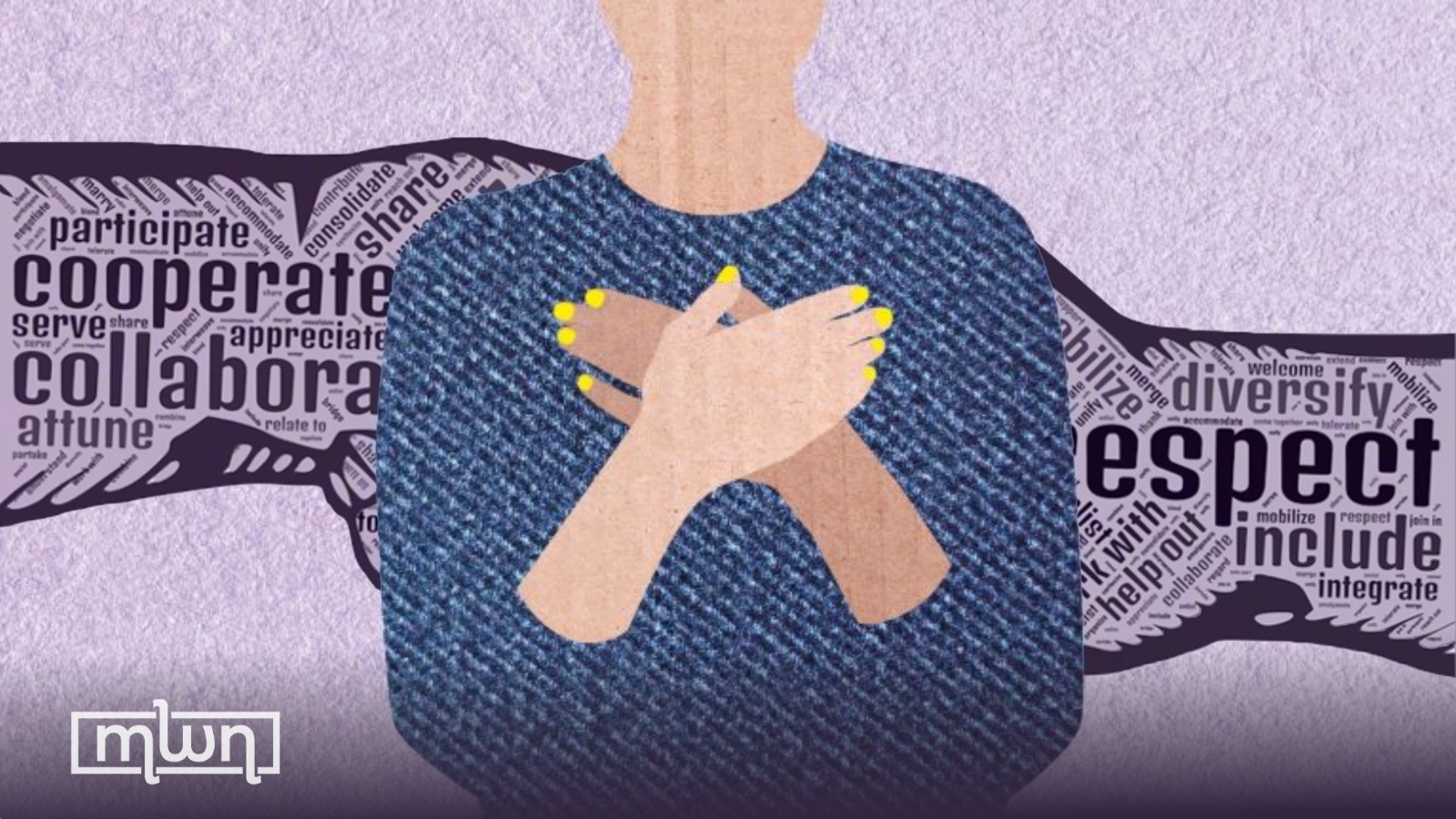Rabat – In addition to being the theme of singer Aretha Franklin’s hit single, respect has become the key to success in the workplace and throughout life. It is an attribute that many of us aspire to attain, but how do our brains produce it?
The science behind respect
Respect is fundamentally the result of a complex interaction between social, emotional, and cognitive processes.
The brain processes underlying the perception and expression of respect are revealed by functional magnetic resonance imaging (fMRI) scans.
During such encounters, the prefrontal cortex, anterior cingulate cortex, and insula show increased activity, according to the scans.
These regions play crucial roles in social cognition, emotion regulation, and understanding others’ perspectives, underscoring the intricate link between respect and our empathetic and social capabilities.
The superpower of respect
However, respect also functions within the framework of social norms and cultural values; it is not only the result of individual cognition.
We absorb society’s standards about manners, respect for authority, and care for others’ feelings starting in early infancy.
These social standards direct our interactions during social events and provide the basis for our sense of respect.
In a bustling workplace, where colleagues from all backgrounds come together to work toward shared objectives, respect is key. Amidst the flurry of deadlines and meetings, respect serves as an unseen bridge that fosters cooperation and solidarity.
In a recent study conducted by Christine Porath from Georgetown University, involving close to 20,000 employees worldwide, participants prioritized respect as the foremost essential trait in leadership.
Now, shift the spotlight to romantic relationships, where trust and closeness are based on respect. It acts as a cornerstone, influencing how partners interact.
It’s the foundation upon which mutual understanding and admiration flourish, fostering an environment where individuals feel valued and validated.
The threats to respect
Nonetheless, the digital environment poses new challenges to the age-old virtue of respect On social media, polite conversation can sometimes feel like a faraway ideal, as anonymity frequently fosters animosity.
The attraction of the screen might occasionally give people the confidence to act in ways they might not in person, which can increase rudeness and disrespect.
Yet, there are online communities dedicated to fostering respectful dialogue are emerging, offering spaces where individuals can engage thoughtfully and constructively. These exist on Reddit, Quora, and X, formerly Twitter.
Respect is a two-way street. In relationships, whether romantic or platonic, respect serves as a litmus test for compatibility.
It’s the fine line separating a good friendship from a poisonous relationship.
For many, respecting others comes easy but the real challenge is learning how to respect oneself.
Self-respect: the hardest form of them all
Self-respect is the foundation of mental health and the armor that diminishes the impact of others’ criticisms.
Self-respect is not about vanity or arrogance but a deep-seated acceptance of one’s worth.
It’s about prioritizing our emotional needs, establishing boundaries, and saying “no” when it’s necessary.
In the modern age, Gen Z has taken the reigns as leading the movement towards self-respect in all areas, particularly the workplace.
On TikTok, a user shared a video with the caption, “One thing a Gen Z is going to do is set a strong boundary lol,” humorously illustrating their unavailability before and after work hours, as well as on days off.
From its roots in infancy to its expression in adulthood, respect serves as the silent conductor guiding our relationships, shaping our perceptions, and influencing our collective well-being.
Could embracing its transformative power be the key to unlocking a future defined by empathy, understanding, and unity?
















